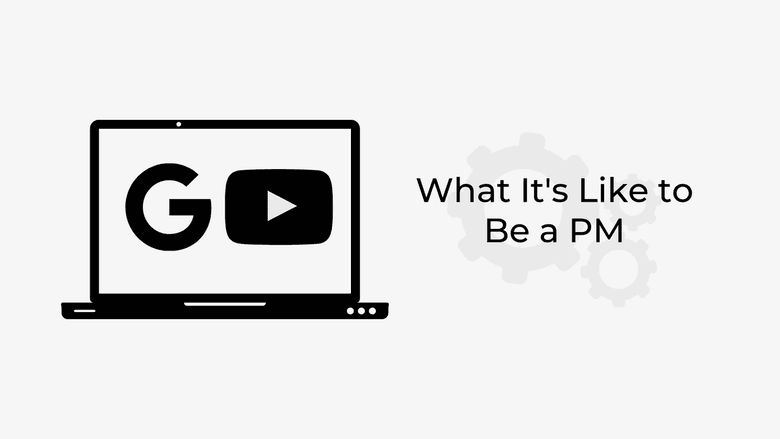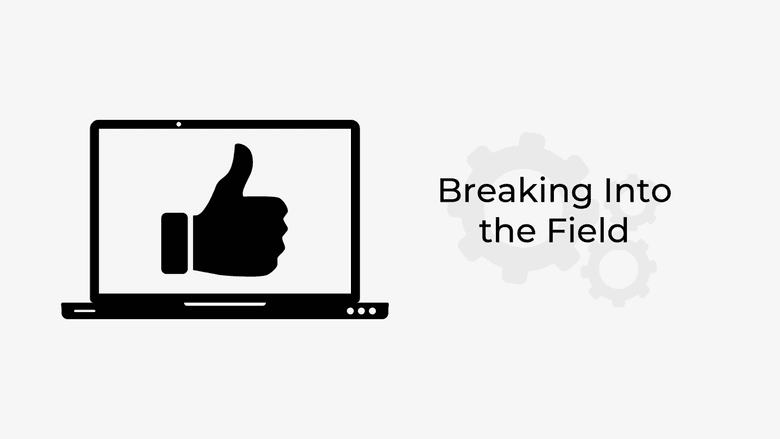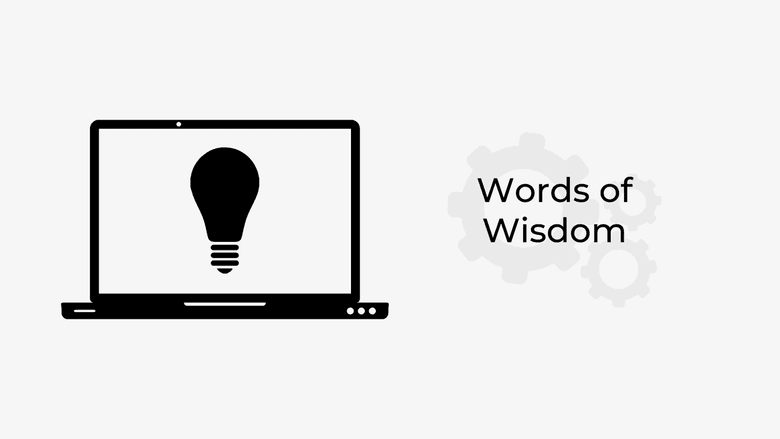Insights from a Google Product Manager
A former Google PM talks about his experiences and how to break into product
We talked to a former Google PM about his background, his experience working at YouTube gaming, and his advice for those looking to break into product.

How did you figure out you wanted to work in product?
I was working full-time [at Google] for six months as a rotator. I was initially on a product team working as a test engineer doing automated tests, then joined Google two years after that in their IT residency program, which is a program designed to jumpstart your career in technology at Google or beyond. I knew immediately that I wanted to do PM, so for that first half of the program, for about a year, I was doing IT support in person and remotely. And then I had the opportunity to rotate as a product manager on YouTube gaming.
What was your day-to-day like at YouTube gaming?
I would say the majority of my time at YouTube was working really closely with my UX engineer as my partner-in-crime. We would work on prototypes and collaborate using Google’s internal design tools. Once we got to a good place, we facilitated a user study where we ideated a bunch of questions to ask creators, so there would be sessions where we would present the feature to a creator, ask for their thoughts and feedback, and go back to the drawing board to approve those flows.

Once it got into a good place, we would bring the feature to engineering to get context on how long it would take to build some of the constraints that they might find. The goal there was for engineering to build their engineering document, which is a document that outlines the feature itself and the architecture, considerations, and trade offs. So I would work really closely with them and do some validation using the data that we already had.
One of the things that engineering really wanted was an ROI of why we should be building this feature. One of the big questions for them was, will this feature be used? Are people doing something similar on YouTube already that can give us an inclination that they would use this feature? Some of that work included making a document of all of the data that we had about users doing a specific flow that we would help to remedy, and that was the majority of the tactical work that I was doing.
I also talked with marketing about how we’re naming the feature and going to market, and addressed concerns brought up by engineering about privacy, and about how we’re collecting data as well.
Was your role similar to what you expected, or were there any surprises?

The biggest surprise for me was how design-driven the process was, which is an amazing thing. I think I was blessed to have a team that had really strong opinions that they could back up with data. They didn’t provide very much resistance to doing the right thing for our users, and that’s because most of our team was gamers themselves, and they really understood deeply what our users wanted and what they expected from similar tools and platforms. They contributed more than I expected them to, because some of that stuff falls outside their line of work.

How did your software engineering background contribute to your PM experience?
I would say it really made me cognizant of the minor details in design. I remember while I was generating a lot of these automated tests, I would find that buttons were just slightly misaligned and flows were just slightly more complicated than they needed to be. I think using a lot of the mental models that I learned in my engineering background, I really formed a perspective on how the small details matter. Even though you might think that someone might not find a button misaligned a big issue, if you bring it at a huge scale, users can form an opinion about the product and the company, and it will trickle down to other things as well.
Is a software engineering background preferred for Google PMs?
There’s a huge emphasis on product managers with an engineering background because Google, since it was started, it’s always been an engineering-driven company for a lot of really good reasons.

Scale is really important, and if you can build it the right way, you can save a lot of headaches for yourself down the road. And because the culture has been that way since it started, and also the fact that engineers make a lot of important decisions, it really makes it even more important that product managers are on the same wavelength as them.
From what I’ve seen, a lot of non-technical product managers go into this kind of environment, and they either find it really intimidating, or they find that they’re not as empowered as they need to be. But I feel like at Google, it’s about molding yourself into the culture that has already proven itself to be effective over the last decade, and using that to add value in the best way that you can.
Has your online certification from Harvard Business School come in handy during your career, and what are your thoughts on certification programs for prospective PMs?
I would say my certification had no effect on my work day-to-day. I think the biggest effect it had is really emphasizing the importance of testing hypotheses. I would say a lot of people today tend to get certifications to break into product management, and I think that is one way to go. But I think what’s most important is to have tangible experience and results that you can point to where you acted like a product manager, even when you weren’t one officially.

So overall, I’m pretty against certifications in that I don’t think they give you more than what you would find in a series of YouTube videos, and on top of that, I think the recognition of certain certification programs doesn’t provide as much ROI as people might think. It’s mostly the tangible experience.
👉 Read Next: Top 5 Product Management Certification Programs

Do you have any advice for those who want to get PM experience in their current role but don’t know how?
The first thing that you should do is think like a PM. Back when I was a tester, even though my role did not relate at all to product management, one of the things that I made sure to do everyday was read customer reviews to better inform some of the decisions that we were making as a team.
I think what interviewers are mostly looking for is someone who’s a self-starter, so if you can take something on, see it through, and rally the people around you to execute on whatever your vision is, that is being a PM.
So I would advise people to imagine they’re already a PM and act accordingly, and eventually the odds will be in your favor, and you will land the role of your dreams in time.
Do you have any books, blogs, or podcasts that you would recommend?
My #1 podcast that I would recommend to anyone working in tech or anyone who likes to think about products as a whole is The Prof G Show with Scott Galloway. It really makes you think about companies and their positioning and their value offerings, and what that means today and what that could mean for the future. As PMs, we’re always on the cutting edge of things, and it’s really easy to tune out the noise and to only focus on what you know. But I think it’s more important than ever, especially if you’re at a big company, to be informed on what other companies are doing in your space, and most importantly why they’re positioning themselves in that way. You relate that to some of your core differentiating elements in your company to add value, perhaps in a context where you’re building something before users even know that they need it.
*Interview has been edited for length and clarity
👉 Read Next: The FANG Product Manager Resume Guide
The information provided herein is for general informational purposes only and is not intended to provide tax, legal, or investment advice and should not be construed as an offer to sell, a solicitation of an offer to buy, or a recommendation of any security by Candor, its employees and affiliates, or any third-party. Any expressions of opinion or assumptions are for illustrative purposes only and are subject to change without notice. Past performance is not a guarantee of future results and the opinions presented herein should not be viewed as an indicator of future performance. Investing in securities involves risk. Loss of principal is possible.
Third-party data has been obtained from sources we believe to be reliable; however, its accuracy, completeness, or reliability cannot be guaranteed. Candor does not receive compensation to promote or discuss any particular Company; however, Candor, its employees and affiliates, and/or its clients may hold positions in securities of the Companies discussed.
